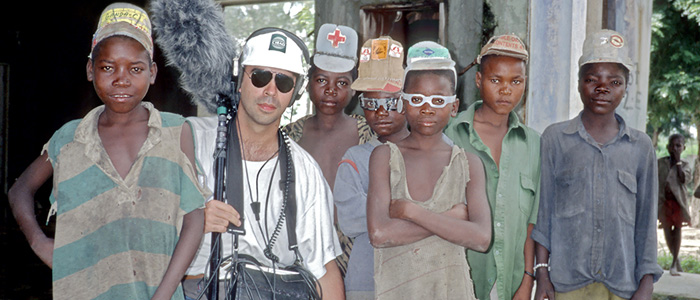
Angola: Miroirs déformants
Même casquette et mêmes lunettes que moi, découpées pour eux dans des bidons d'huile végétale et des boîtes de carton. Même walkie-talkie, sculpté dans de l'argile. Même casque d'écouteurs, bricolé avec des bouchons de plastique.
Quand…
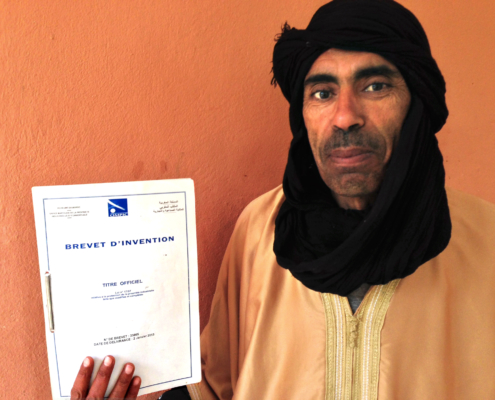
Maroc: L’invention de sa vie
"Chacun a une image dans la société. Mais la vraie image, c'est comment tu te vois toi-même."
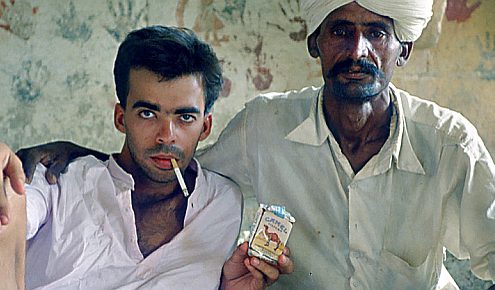
Inde: Partir en fumée
Vaut-il mieux voyager avec ou sans filtre? Derrière le gag, une histoire d'horreur.

Niger: Le mirage du bout du monde
Le jour où m'est apparue une évidence, quelque part au sud du Sahara.
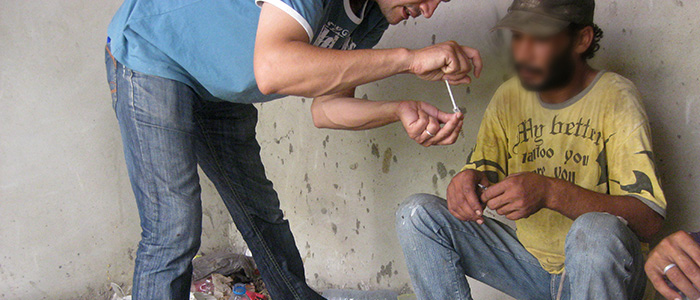
In Morocco, inspiring others with harm reduction work among injecting drug users
The country is a regional role model for an innovative approach to the twin threat of HIV infection and intravenous drug use.

L’expérience du Maroc dans la prévention du VIH auprès des héroïnomanes inspire d’autres pays
Premier programme du genre dans les pays arabes, le succès d’une association marocaine d’aide aux usagers de drogues injectables soutenue par le Fonds mondial inspire de nouvelles initiatives de réduction des risques en Afrique et au Moyen-Orient.
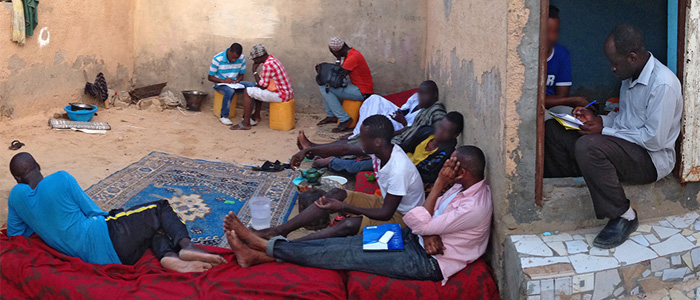
Mauritania, the Global Fund and the discreet inclusion of the gay community in the HIV response
Encouraged by the Global Fund's new requirements that activities specifically targeting key affected populations be included in concept notes for HIV funding, the Islamic Republic of Mauritania is discreetly and carefully opening its doors to its gay community: a delicate dance for a highly conservative society.
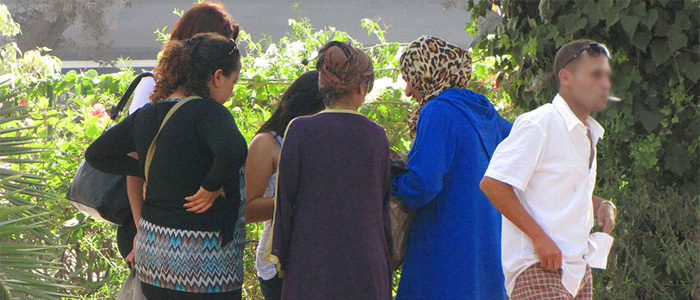
Morocco’s open campaign against a secret epidemic starts with diagnosis
In a country of 30 million, how to find 20000 HIV+ gay men, sex workers and clients who live in hiding?

Syrie: L’avocat du diable
Mon apprentissage des limites de la liberté d'expression dans une ville-fantôme du Moyen-Orient.
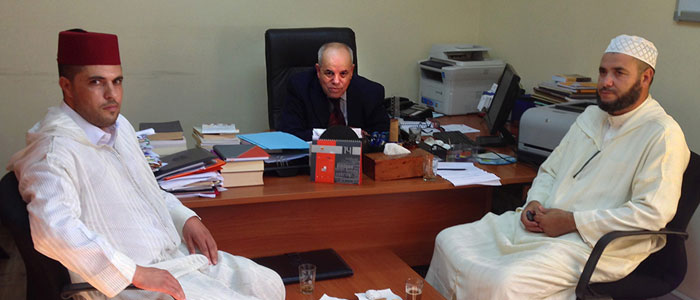
Sida et droits humains: la révolution tranquille du Maroc
Des milliers de Marocain(e)s qui vivent dans le secret et la peur ont maintenant leurs porte-voix officiels.

Angola: Le choix de Sophie
Les enfants savent très vite quand ça ne va plus du tout, quand ils vont mourir.

Morocco’s quiet revolution over AIDS and human rights
A turning point in the recognition of the rights of people most at risk of being infected with HIV.
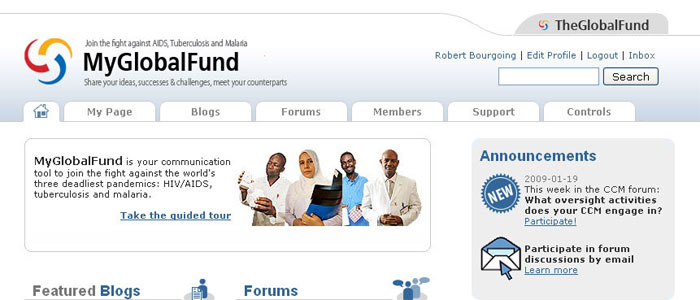
Web 2.0 in global health: the road to a culture of sharing
Today’s online collaboration tools and techniques, often referred to as “Web 2.0”, combined with the rapid spread of the internet, the convergence of the web with mobile devices and the improvement of connection speeds in developing countries, offer unprecedented opportunities in health communications. While global organizations may find compelling reasons to promote the collaboration and sharing of experience among health experts, the decentralized logic of Web 2.0 is confronted with the traditional institutional approach to communications and the intellectual and social framework that comes with it. As the Global Fund to fight AIDS, Tuberculosis and Malaria’s experience shows, the main challenges in harnessing the potential of online collaboration have much less to do with technological considerations than managing institutional change, spending enough resources on staff with the right set of specialized skills, and showing patience in achieving results.
